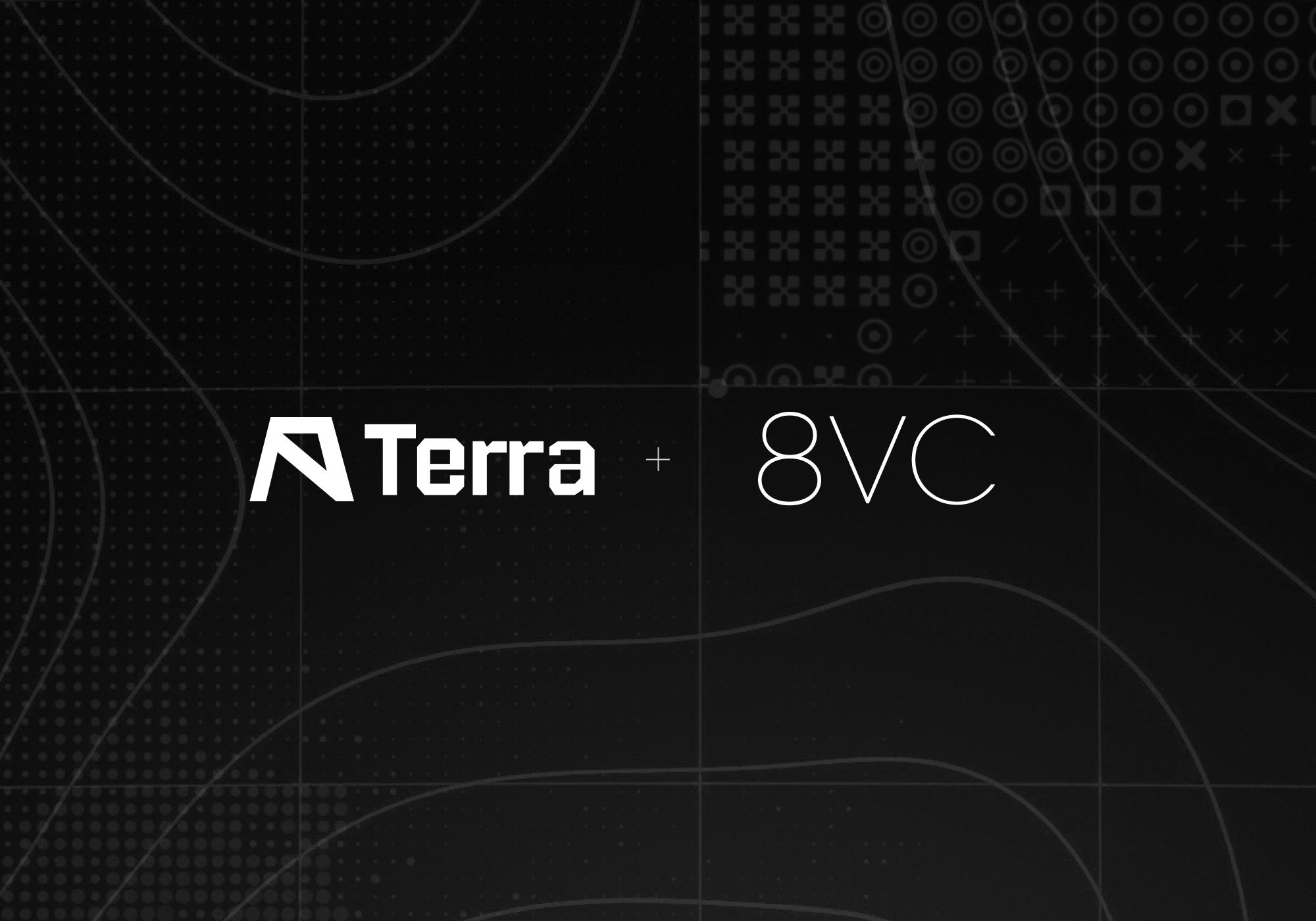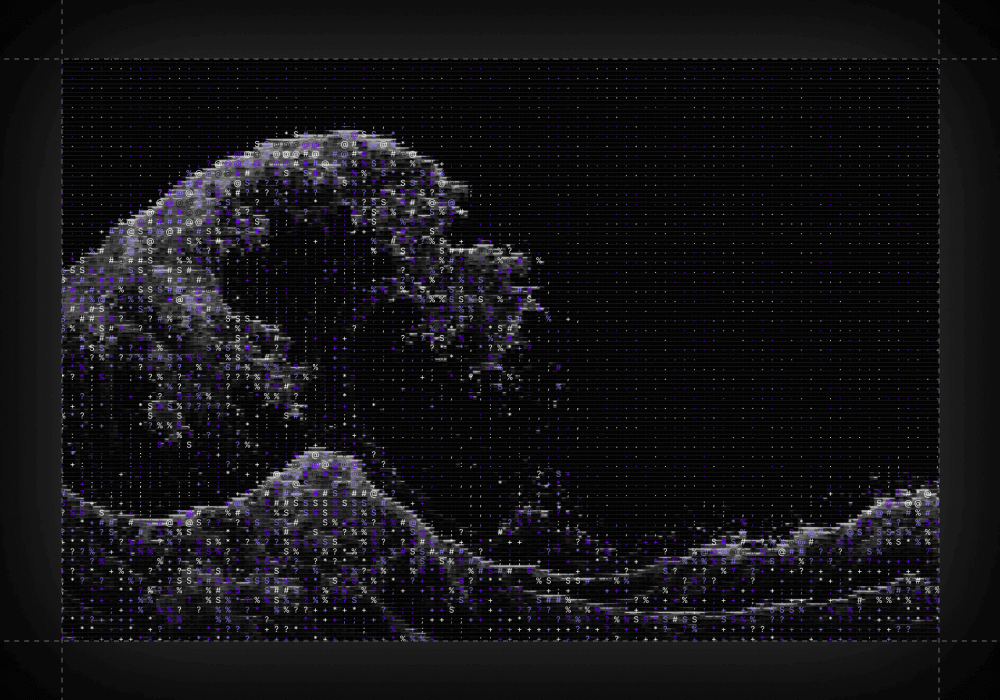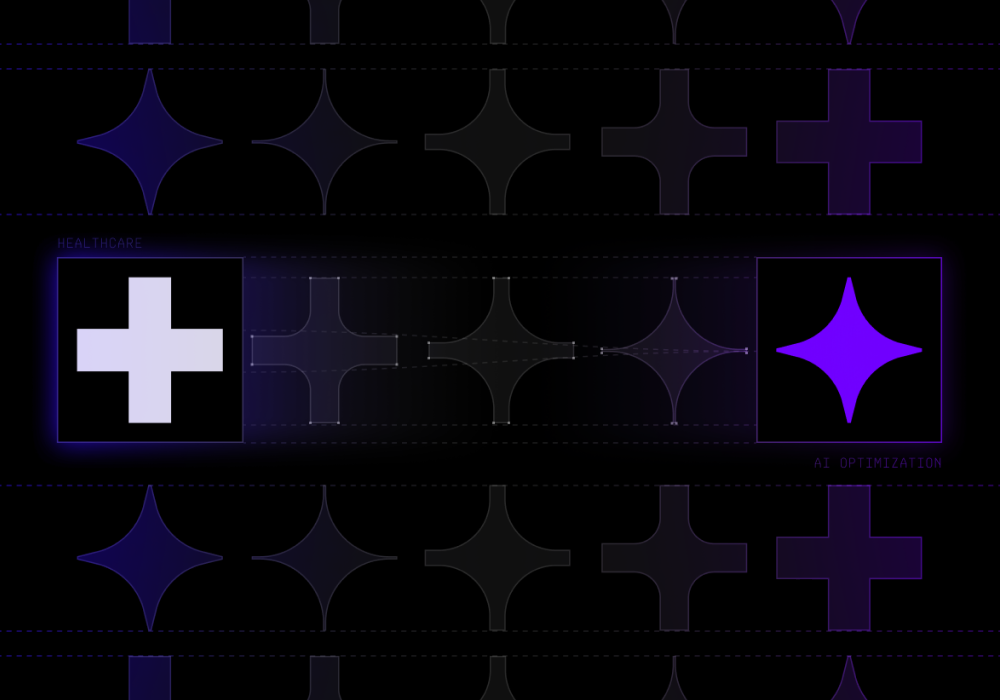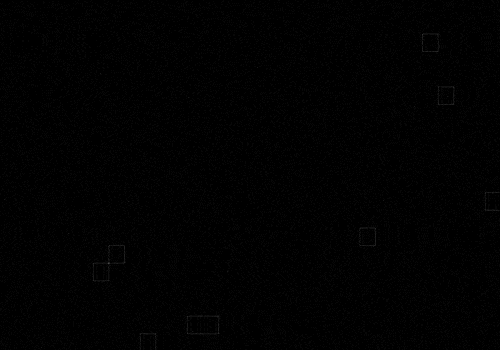A Look Back at the Inaugural 8VC Bio-IT Fellowship
Share

At 8VC, we are dedicated to developing partnerships with strong founders. We are now recruiting for the next class of 8VC Bio-IT Fellows — if you are a graduate student with an entrepreneurial interest, please apply here. You can find more information through this flyer.
As 2021 has come to an end, we spent time reflecting on the Bio-IT fellowship, a new initiative we are proud to have launched last year. We set out to find the top entrepreneurial graduate students, who are passionate about pushing forward new science and its translation into innovative biotechs. Our goal was to teach them everything we know about venture and biotech to support them on their paths towards becoming entrepreneurial professors or founders.
We received over 500 applications from talented graduate students across 17 countries, but 5 candidates were particularly outstanding. These PhD and MD-PhD students are actively pushing the boundaries of their respective fields, ranging from computational protein design to covalent inhibitor discovery. The final group of fellows included individuals who had co-founded a biotech company with substantial capital raises, developed science that led to a large pharma deal, started a biotech microfund, and published over 50 academic papers. We are fortunate to have partnered with these brilliant individuals and are excited to continue supporting their entrepreneurial journeys.

Over the course of three months, the fellows worked closely with the 8VC investment team to survey impactful new technologies & investment opportunities and learn more about how investors evaluate biotechs, while receiving a monthly stipend. Through our weekly lecture series and distinguished guest speakers from startups and academia, we aimed to equip the fellows to navigate the complexities of the biotech ecosystem for when they start their next companies. These lessons included our investment decision processes, how we build companies, understanding pharma BD, network management, etc.
Elias Quijano (MD-PhD student, Yale)
“Prior to working as an 8VC fellow, I had spent most of my time as a graduate student thinking about the ways in which discoveries made in the lab could one day become drugs. Like most graduate students, my focus was on the technology of biotech and how emerging tools within academia could be applied towards improving human health. While technology is certainly one of the bedrocks of a successful biotech, my time with 8VC opened my eyes to the entire ecosystem of investors, mentors, entrepreneurs, and academics that move discoveries from the lab and into a patient’s hands. With this new and profound appreciation of the biotech ecosystem, I am hopeful that I too will be able to make contributions that one day improve human health.”
The program culminates with each fellow developing an investment thesis in an emerging scientific area. The fellows spoke with dozens of scientists and companies to develop nuanced views of their spaces, while sourcing a number of investment opportunities and new technologies through the process. The thesis areas they scoped included spatial transcriptomics for clinical oncology, novel modalities for cardiac gene delivery, emerging opportunities in glycobiology, epigenome editing, and covalent binders for inhibition and induced proximity. The work the fellows conducted enormously impacted 8VC, directly leading to new investments and company formation efforts.
We are now looking to recruit our next batch of 8VC Bio-IT Fellows for the Class of 2022. If you are a graduate student passionate about the life sciences with an entrepreneurial bend — please apply here and direct any questions to biofellowship@8vc.com. We would love to have you join the 8VC family.
Excited to share our Bio-IT Fellows, Class of 2021:

Ayah Abdeldayem
Ayah Abdeldayem is a fifth year PhD student at the University of Toronto working under the supervision of Patrick Gunning. Her PhD work focuses on the development of novel, covalent, tunable warheads to address some of the current intractable drug targets in the field of chemical biology and medicinal chemistry. Over the past two years, she has had the opportunity to help develop this technology both academically and in industry, with the resulting platform now translated into the biotech start-up Dunad Therapeutics. She was also involved as a business intern in the early days of Dalriada Drug Discovery where she conducted market analysis, participated in pitch competitions, and got to connect with several incubator hubs across the GTA. Outside of the lab, she is an active member of the Canadian Science Policy Network here in Canada and is passionate about translational technologies and the integration of science into policy making. She is also an avid runner and ran competitively throughout both her undergraduate and PhD years.

Elias Quijano
My name is Elias Quijano and I am a 7th year MD/PhD student at Yale, originally from Miami, Florida. Prior to starting my graduate studies, I worked for several years in a lab learning the ins and outs of drug and gene delivery, focusing mostly on lipid and polymeric nanoparticles. It was through that work that I met my wife, Amanda, with whom I have two kids, Mason and Acadia. Outside of the lab, I am deeply passionate about mentorship, having served for the last several years as the graduate coordinator for STARS, a program focused on retaining minority undergraduate students in STEM. Additionally, I have developed a passion for biotech, serving as a Blavatnik Associate at Yale and co-founder of Gennao. In many ways, starting a biotech has been challenging, but it has also reminded why I wanted to become a physician-scientist in the first place: I wanted to do something incredibly practical that had the potential to improve human lives. During my free time, I mostly enjoy physical activities including powerlifting, Olympic lifting, and running marathons.

Josh Peters
Josh Peters is a Ph.D. student in Biological Engineering at MIT, the Ragon Institute, and the Broad Institute advised by Bryan Bryson and Paul Blainey. His work focuses on defining the diversity and determinants of macrophage state within the lung particularly in the context of tuberculosis. He splits his time between the dry and wet lab: analyzing and generating high dimensional single-cell data from both human-derived and murine models. Before arriving in Boston, Josh graduated summa cum laude from the University of Pittsburgh where he studied chemical engineering. While in Pittsburgh, he gave tours and mixed cocktails at America’s most awarded craft distillery, Wigle Whiskey.

Ivan Kuznetsov
Ivan is currently a 5th year student in the MD/PhD program at the University of Pennsylvania, where his work is supported by the NIH through an NRSA Fellowship. His research focuses on computational design of both natural and artificial proteins for applications in optogenetics. He applies these tools to study mechanobiology.
Ivan received his bachelor’s degrees in biomedical engineering and applied math and statistics from Johns Hopkins University, where he was awarded the Charles R. Westgate Scholarship in Engineering. At Hopkins, Ivan conducted neuroscience research, exploring new ways of delivering drugs into the brain, creating algorithms for the diagnosis of psychiatric disorders from brain images, and exploring new computational models of how neuronal synapses in the brain are maintained. As an undergraduate, he published eighteen papers, most as the first author, in peer-reviewed journals. For his research, he was awarded the Barry Goldwater Scholarship.
Born in Columbus, Ohio, Ivan lived for several years in Vienna, Austria, before returning to the United States.

Jacob Goell
My name is Jacob Goell and I am a Ph.D. student at Rice University where I am developing CRISPR/Cas9-based epigenome editing tools to study human gene regulation. I am advised by Isaac Hilton and my work consists of building high throughput screens to improve the capabilities of these tools. The immense potential for scientific discoveries like CRISPR to improve human health has inspired my interest in understanding how these breakthroughs are translated into medicines. In exploring this, I have consulted for local start-ups through Enventure, a Houston-based organization supporting the Texas medical innovation community. Previously, I was a research associate at UCSF where I worked in translational pulmonology and drug development for airway diseases. Prior to this, I received a Master’s in Translational Medicine at UCSF and UC Berkeley. I graduated from UCLA in 2016 with a B.S. in bioengineering where I performed research in the medical applications of terahertz imaging. Outside of the lab, I enjoy staying active by playing pickup basketball, running, or weightlifting and trying all the barbecue Houston has to offer.





.png)

.png)


